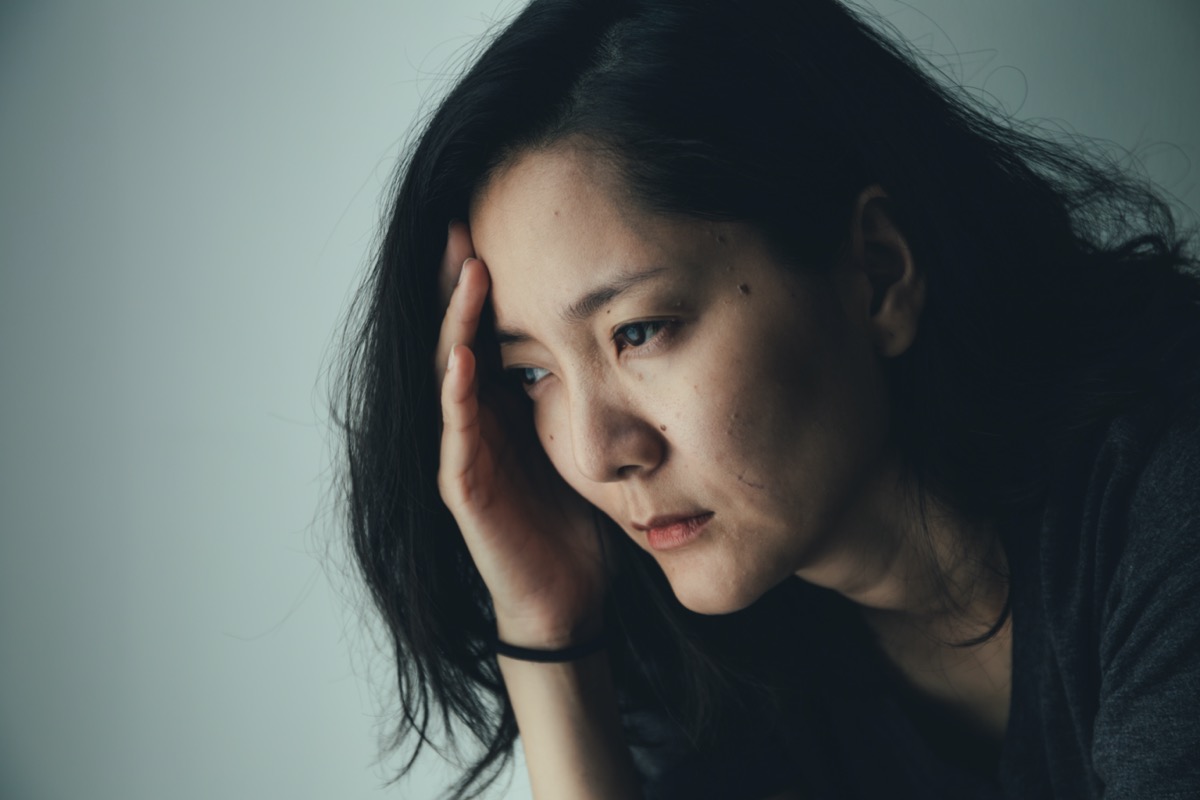Chills
Usually paired with a fever, chills or shivering happens at the onset of infection. The chill is caused when muscles rapidly contract and relax, generating heat when the body is in a colder environment. When you have a fever, you will naturally feel colder than usual, because you are no longer in equilibrium with your surroundings.

If it is unclear whether you have a fever or not, pay attention to the other ways your body can alert you to something wrong. Frequent night sweats and chills can also be a prelude to worsening flu symptoms.
More from Things Health
-
The Common Cold
Common cold, also known simply as a cold, is a viral infectious disease of the upper respiratory tract that primarily affects the nose. The throat,…
-
13 Facts About The Flu Shot Everyone Should Know
There are a myriad of misconceptions when it comes to the flu vaccine. One of the most widely spread misconception is that you are given…
-
Symptoms Of Epilepsy
Epilepsy a neurological disorder marked by sudden recurrent episodes of sensory disturbance, loss of consciousness, or convulsions, associated with abnormal electrical activity in the brain.…
-
The Most Common Symptoms of Fibromyalgia
Fibromyalgia affects almost six million Americans. It is a pain disorder that influences the musculoskeletal system and alters the way that pain is processed by…
-
Top 6 Most Common Leukemia Symptoms
One of the most common cancers, according to the Mayo Clinic, leukemia is the “cancer of the body’s blood-forming tissues.” Leukemia attacks the body’s white…






